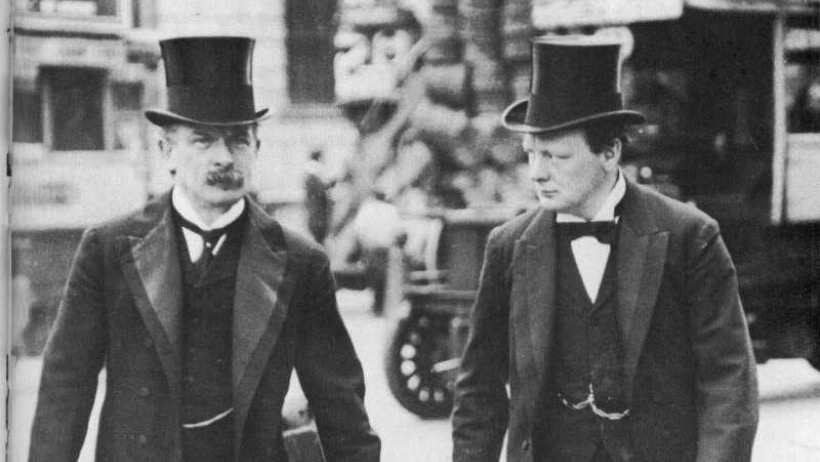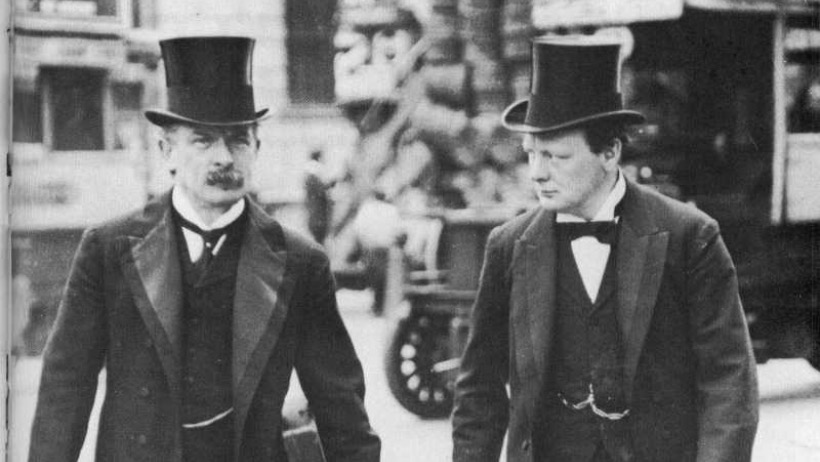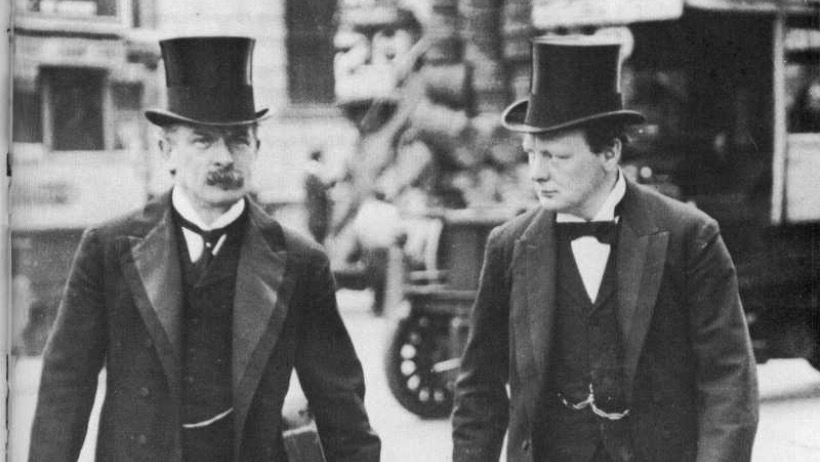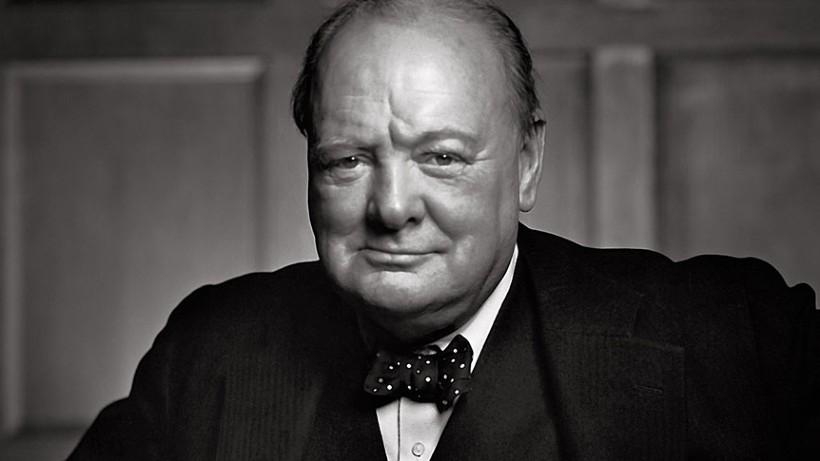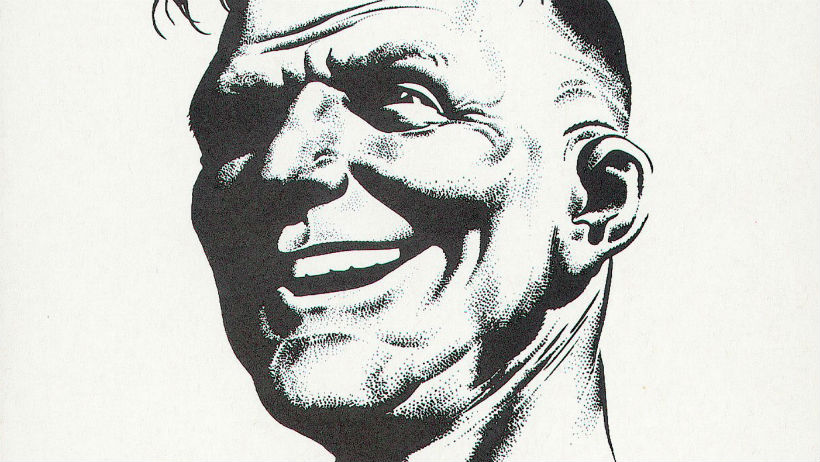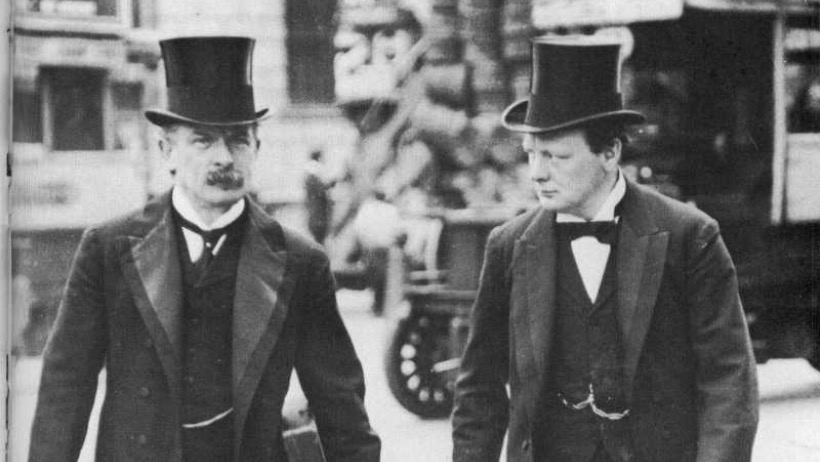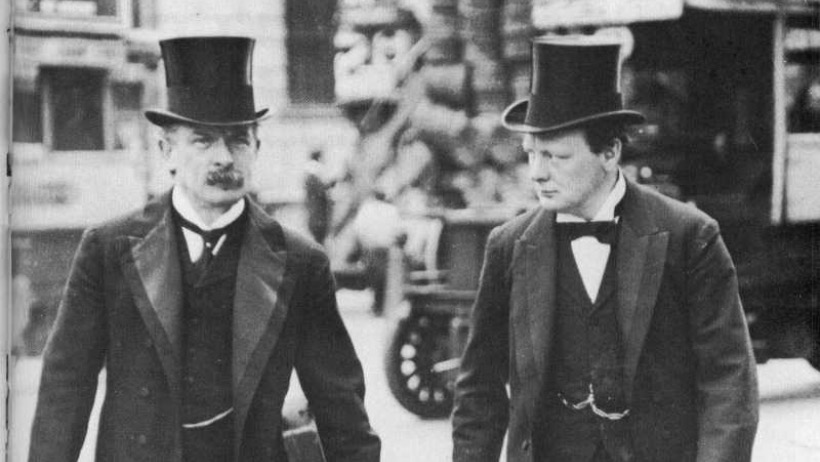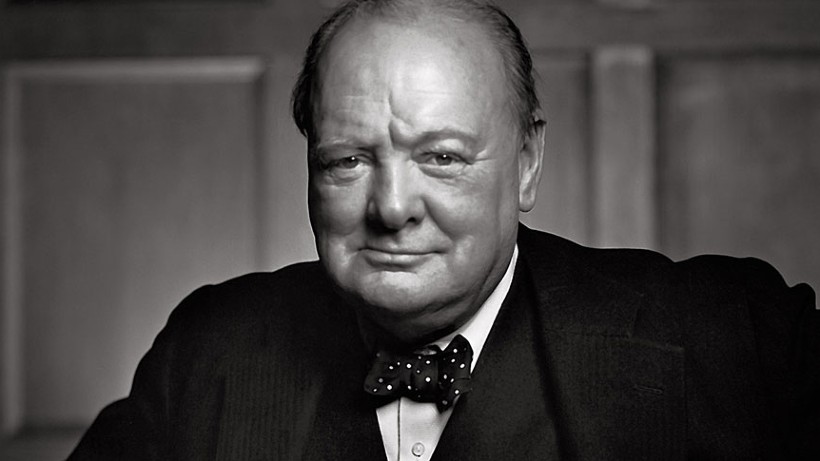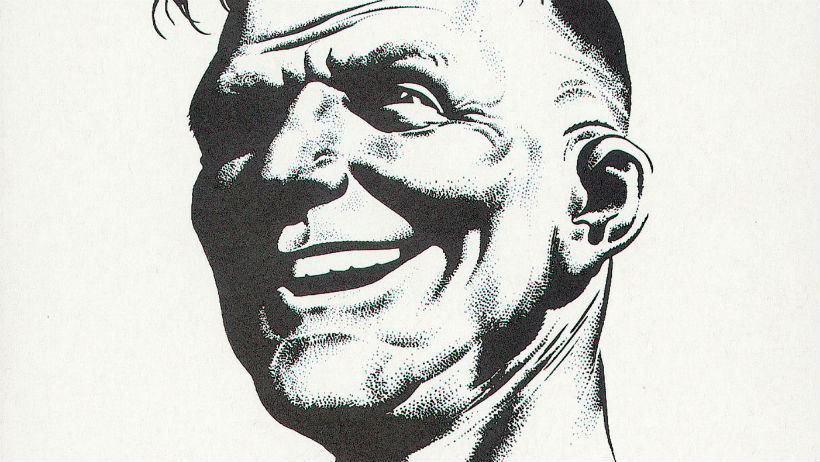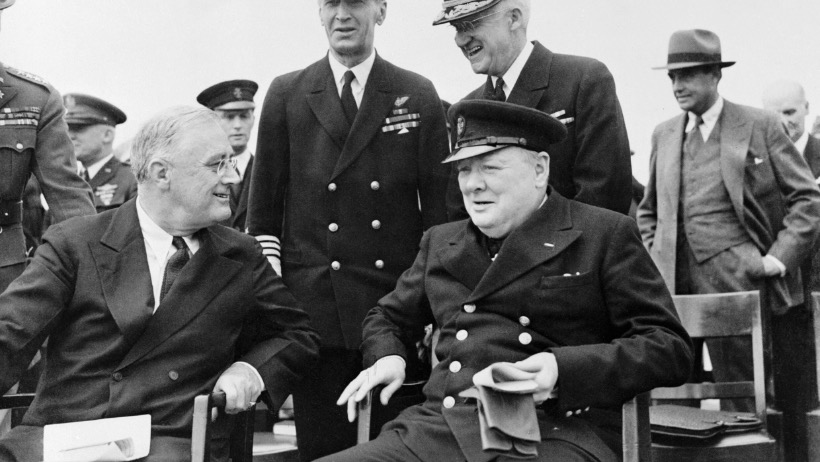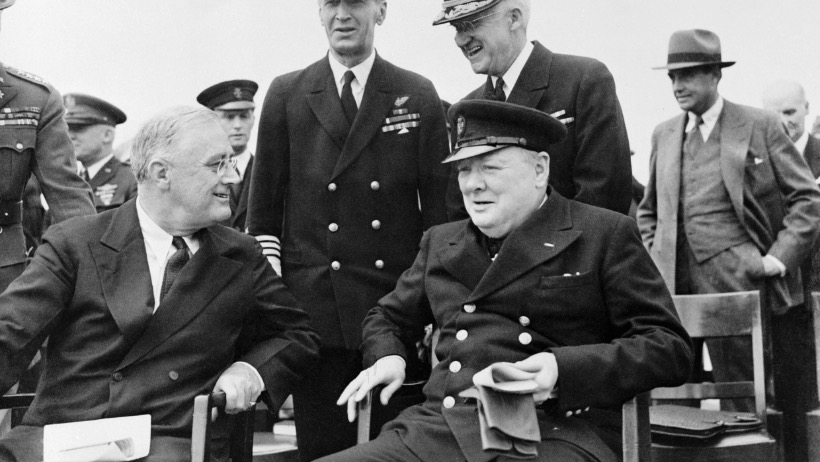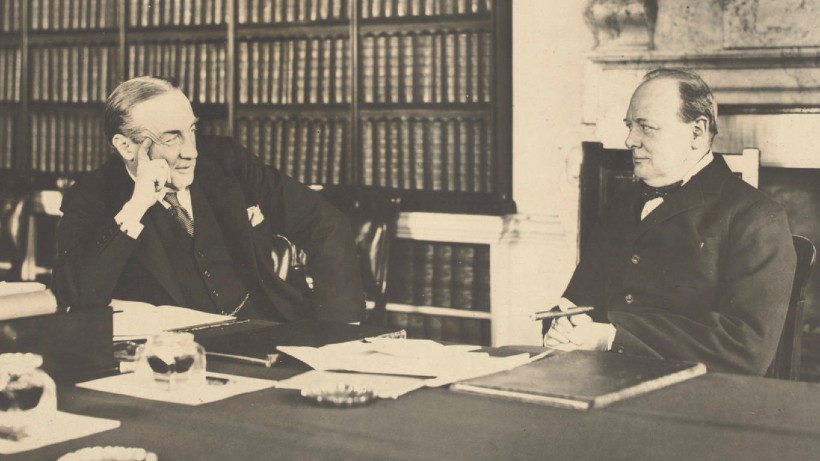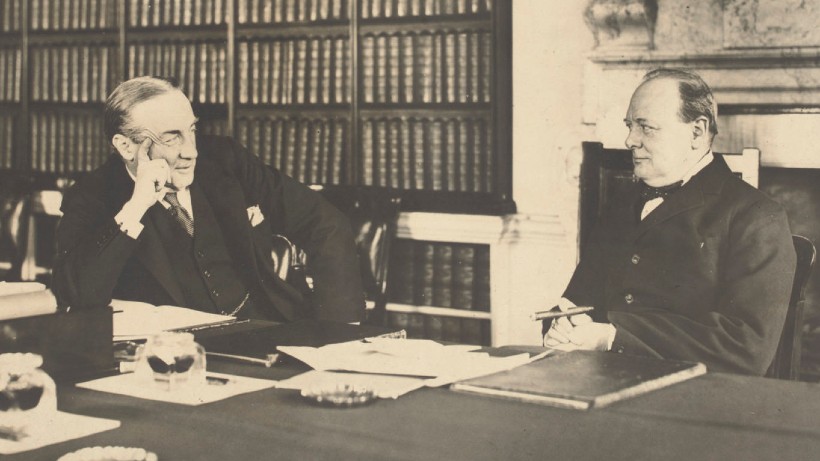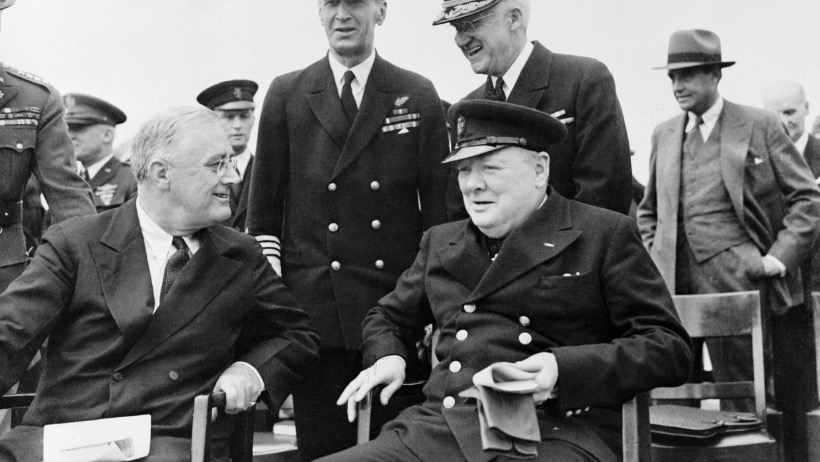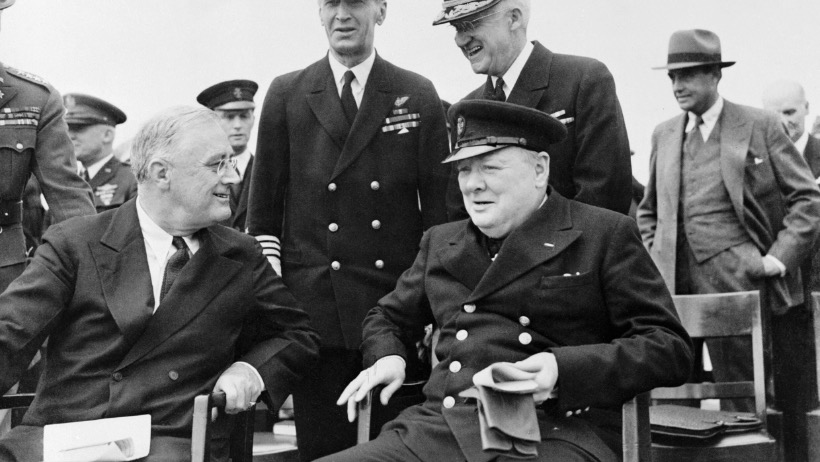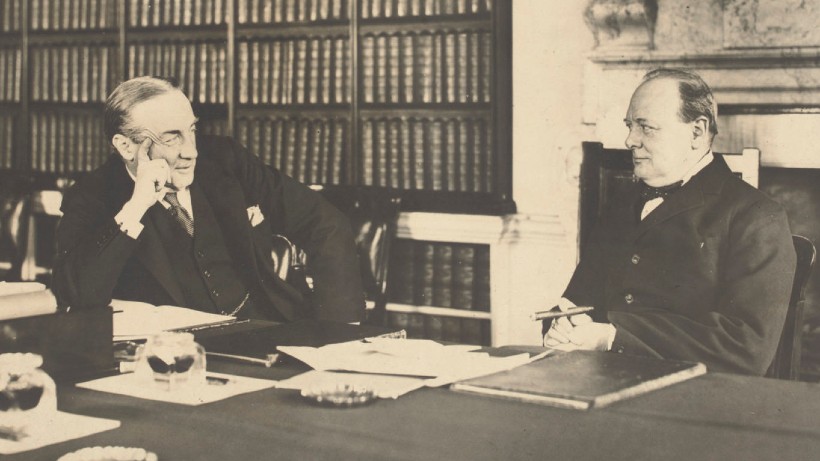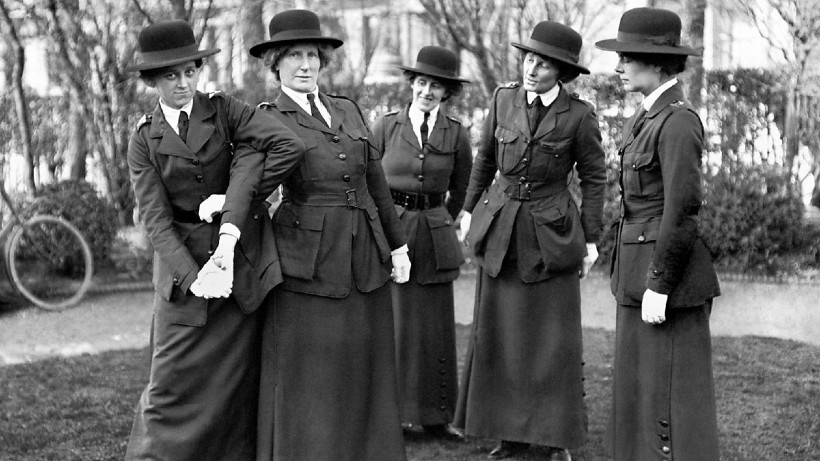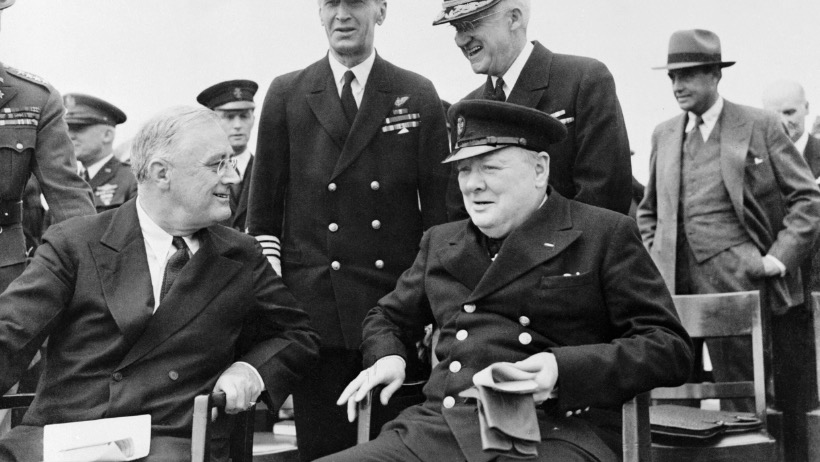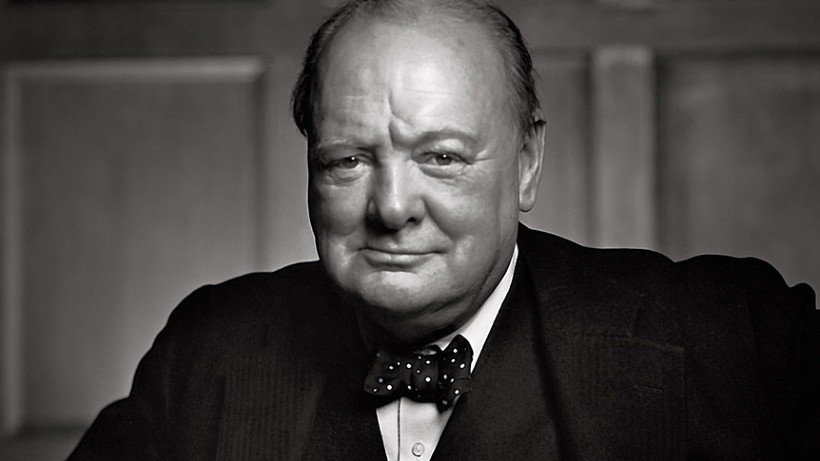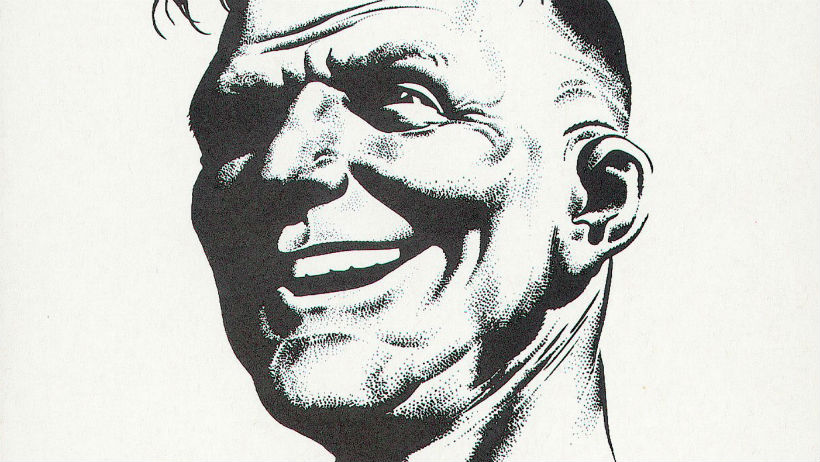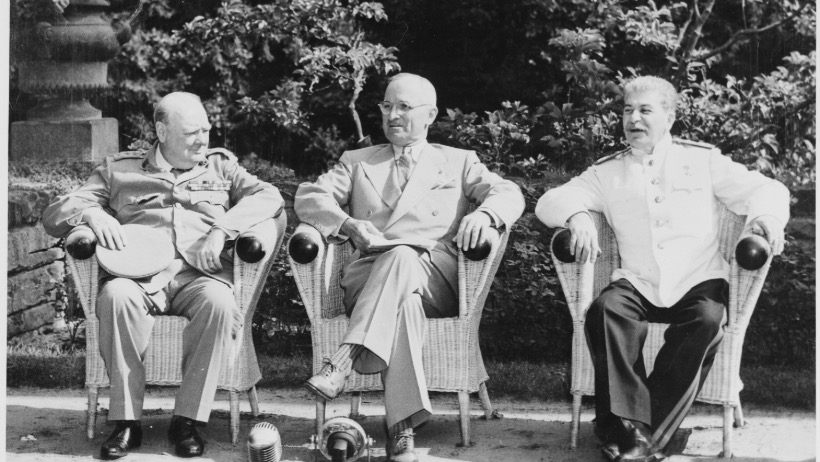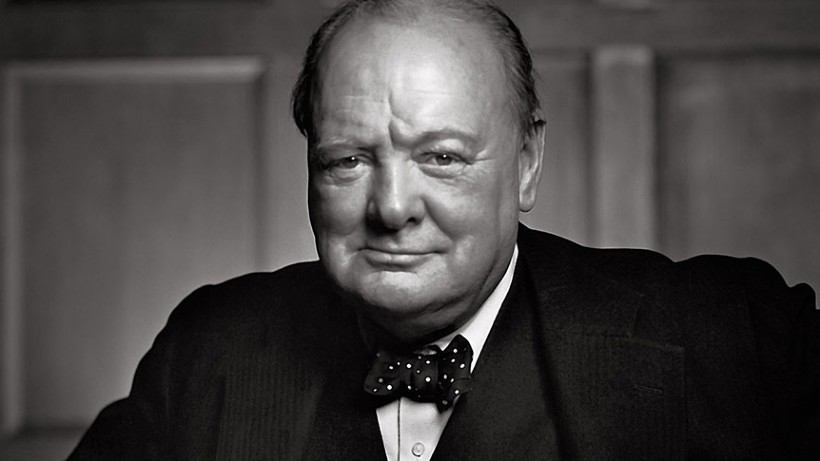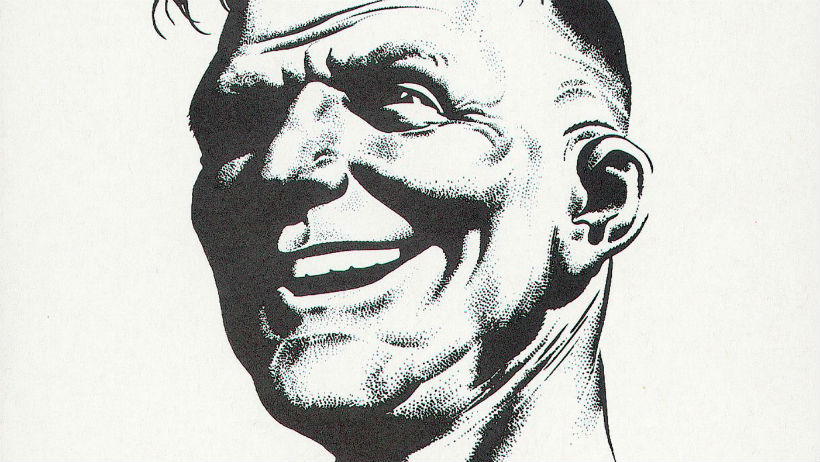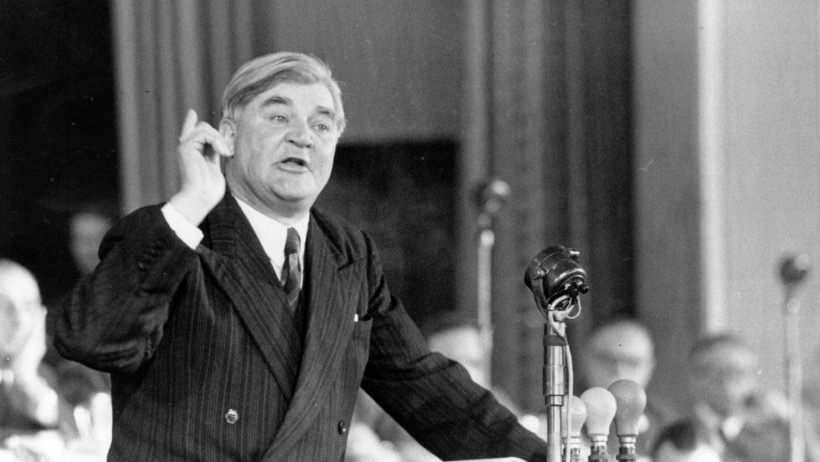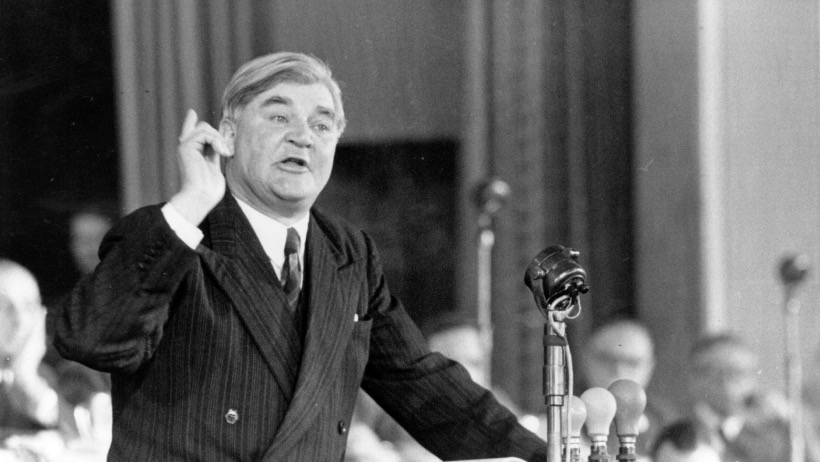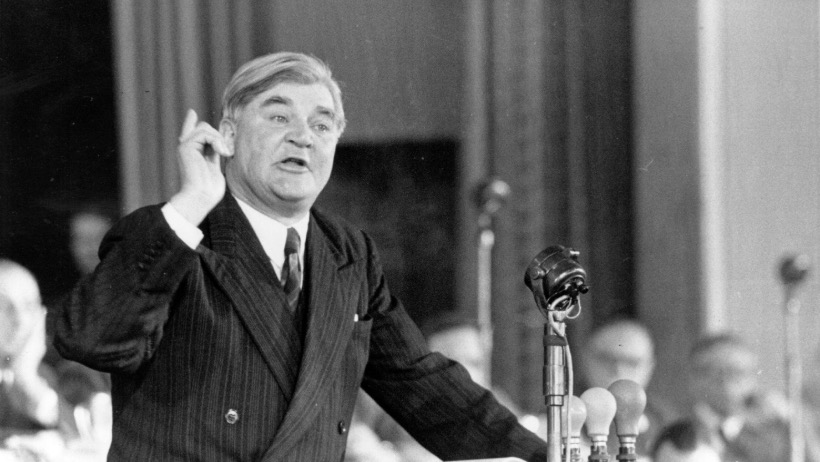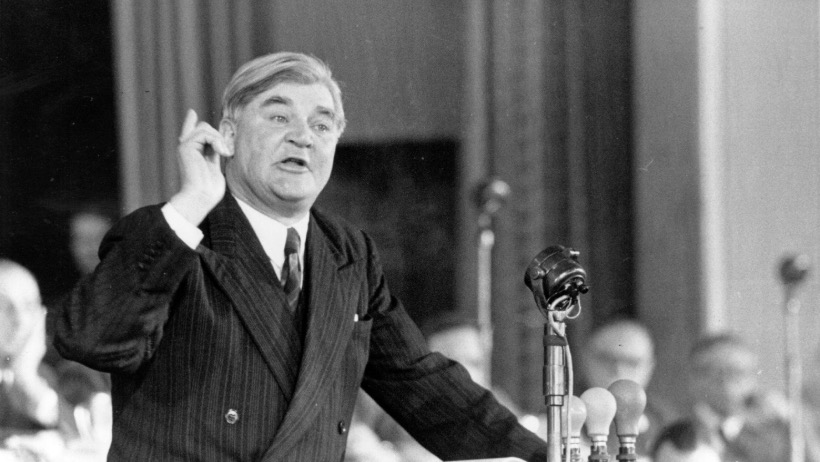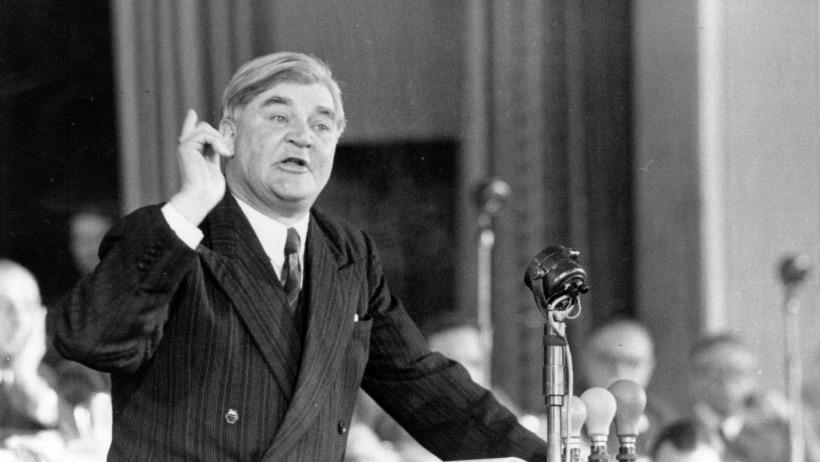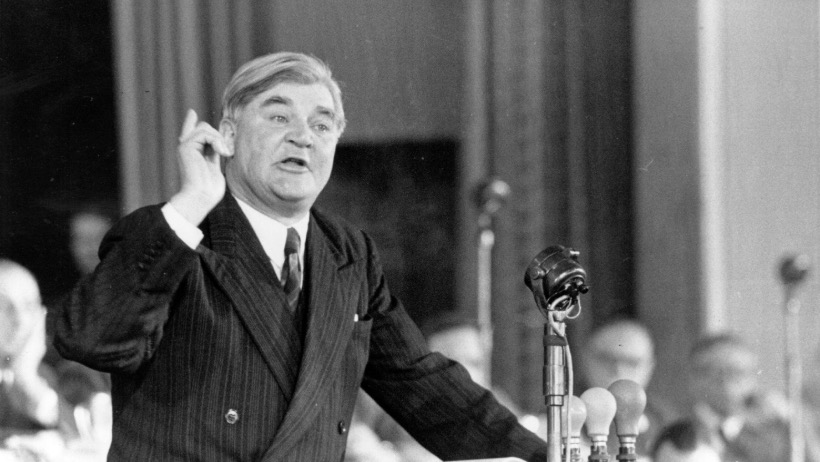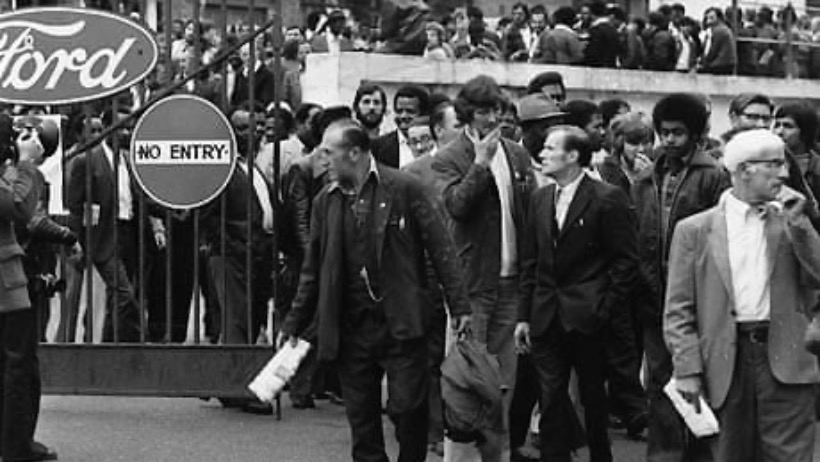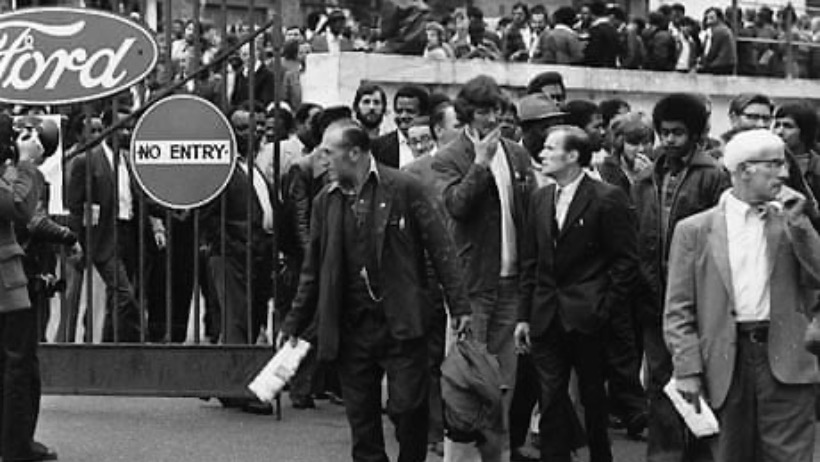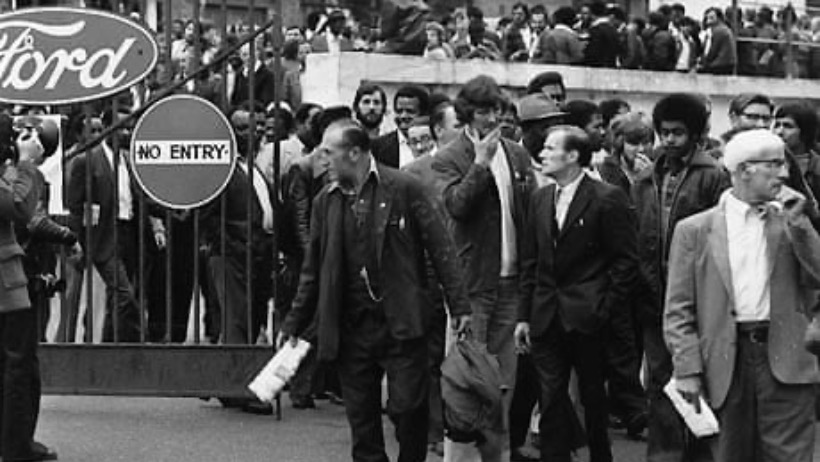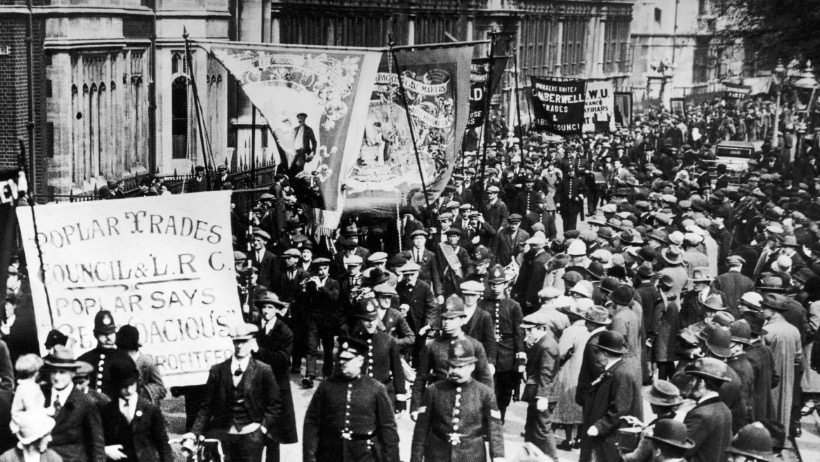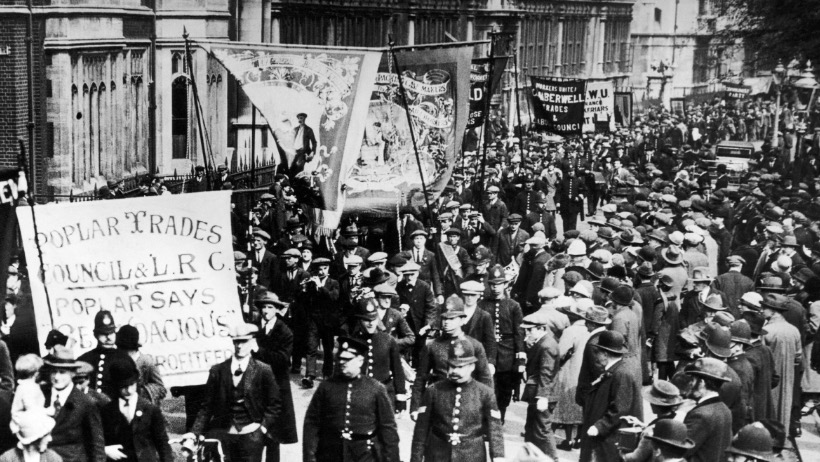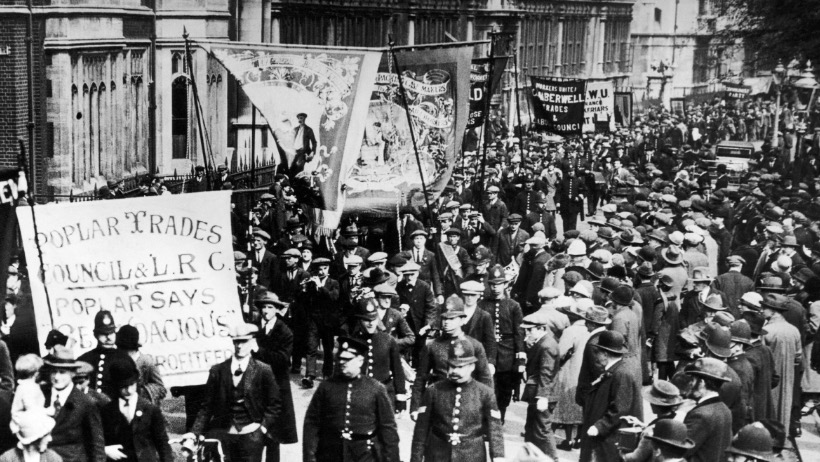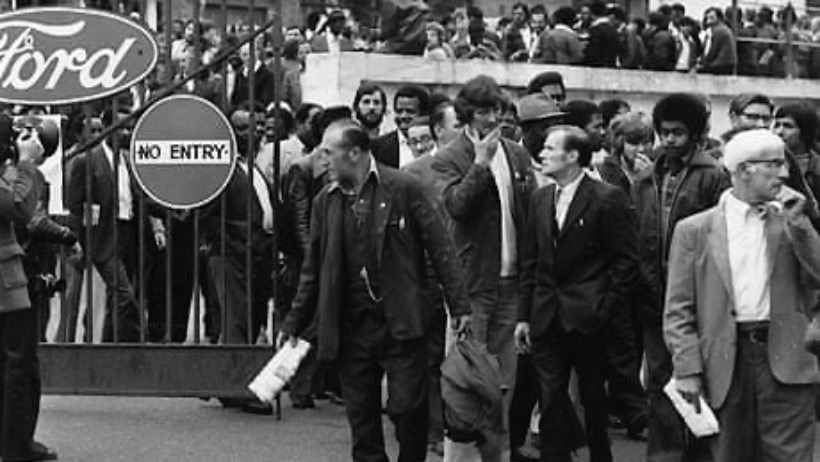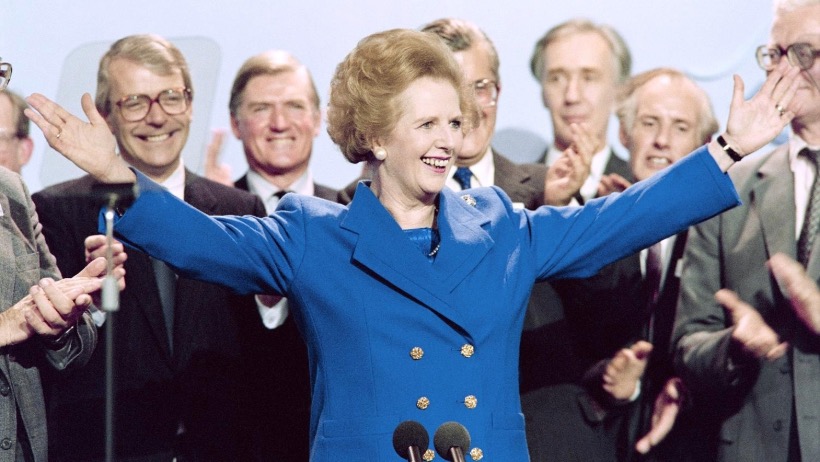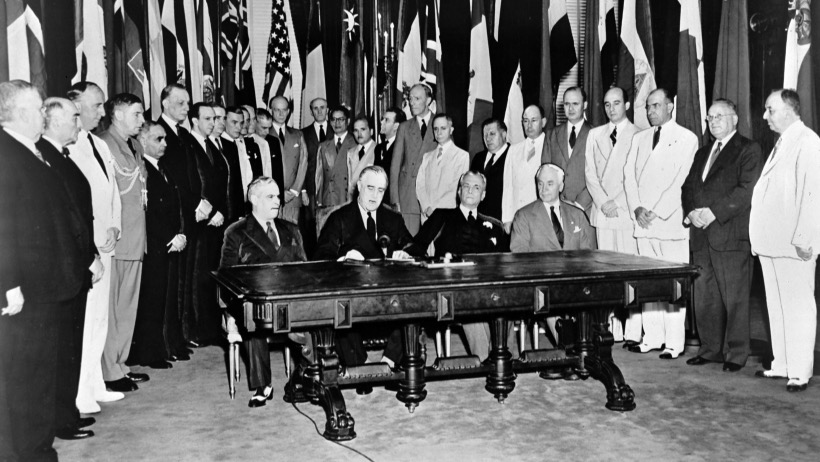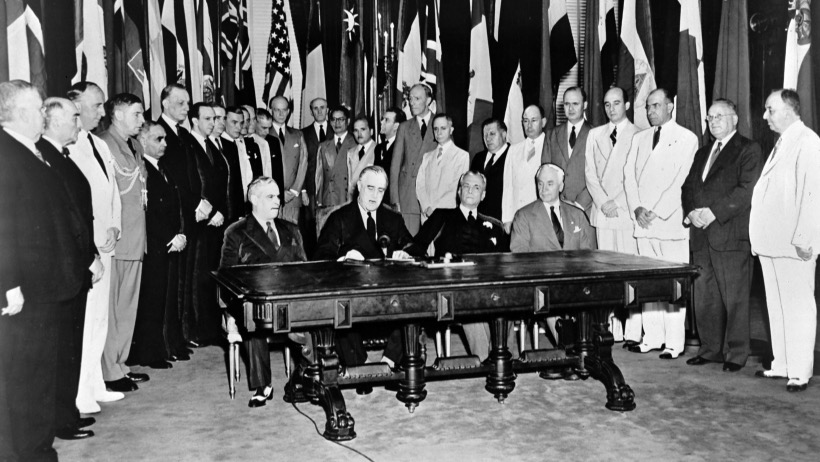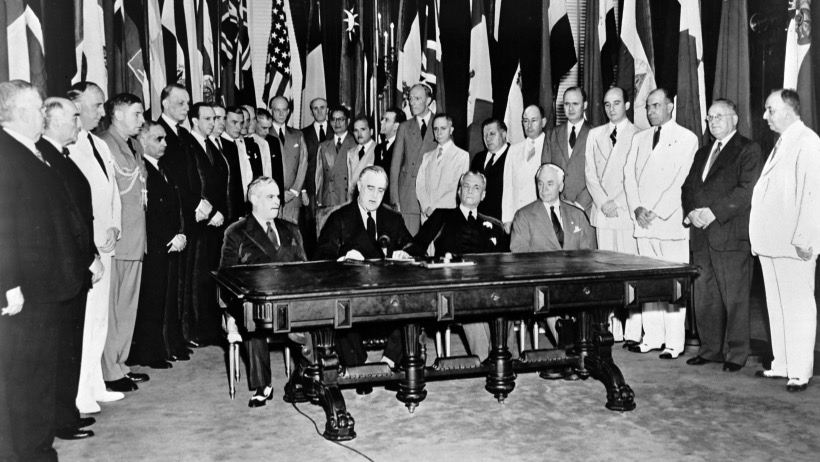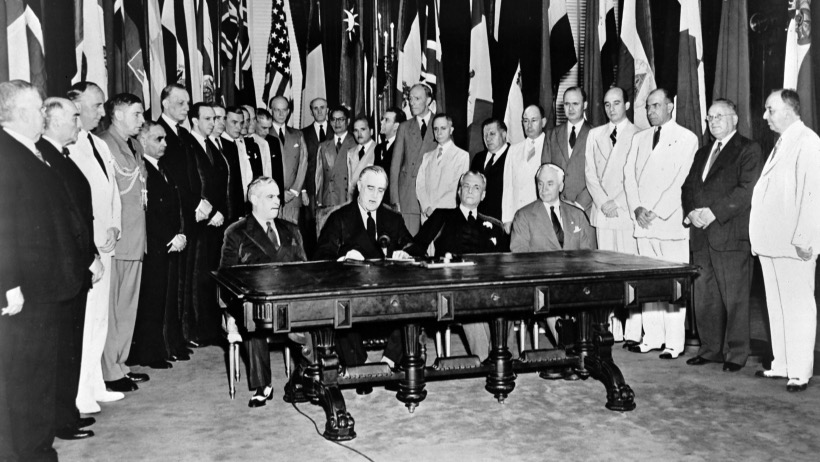You are not currently logged in. Please create an account or log in to view the full course.
Contents
Churchill 1930–1951 - Churchill’s view of events 1929-1940
Churchill 1930–1951 - Why Churchill was out of office 1929-1939
Churchill 1930–1951 - Churchill’s attitude to the Abdication crisis
Churchill 1930–1951 - Churchill’s views about Empire and India, and party clashes
Churchill 1930–1951 - Churchill’s attitude towards Germany after 1933
Churchill 1930–1951 - Churchill’s views on rearmament and appeasement
Churchill 1930–1951 - Why Churchill became Prime Minister
Churchill as a wartime Prime Minister - Churchill’s stance in 1940 and style of leadership
Churchill as a wartime Prime Minister - Churchill’s relations with his generals and his impact of strategic decisions in the Mediterranean, bombing of Germany and war in Europe 1944-1945
Churchill as a wartime Prime Minister - Churchill’s plans for reconstruction and loss of 1945 election
Churchill and international diplomacy 1939-1951 - Churchill’s views on Britain’s word and imperial role, relations with wartime leaders (Roosevelt, Stalin and de Gaulle)
Churchill and international diplomacy 1939-1951 - Churchill’s contribution to international conferences
Churchill and international diplomacy 1939-1951 - Churchill’s plans for post-war Europe
Churchill and international diplomacy 1939-1951 - Churchill’s Iron Curtain speech
Churchill and international diplomacy 1939-1951 - Churchill’s attitude to Empire and Europe after 1945
Conservative domination 1951-1964 - Reasons for 1951 Conservative victory: social change, immigration, unrest, social mobility, tensions, education, living standards, housing, prosperity and unemployment
Conservative domination 1951-1964 - Conversative economic policies, Butskellism, industrial growth and stagflation
Conservative domination 1951-1964 - Conservative leadership of Churchill, Eden, Macmillan and Home
Conservative domination 1951-1964 - Scandals including the Vassall affair, Philby, Argyll and Profumo
Conservative domination 1951-1964 - Reasons for Conservative decline
Conservative domination 1951-1964 - Labour leadership, divisions and electoral failures of the Labour Party
Labour and Conservative governments 1964-1979 - Labour victory 1964, Wilson as leader 1964-1970: economic problems and policies
Labour and Conservative governments 1964-1979 - Relations with Trade Unions
Labour and Conservative governments 1964-1979 - Labour party divisions
Labour and Conservative governments 1964-1979 - 1970 election, Heath as party leader and PM
Labour and Conservative governments 1964-1979 - Aims and policies of Heath’s government
Labour and Conservative governments 1964-1979 - Industrial relations: miner’s strike
Labour and Conservative governments 1964-1979 - Wilson and Callaghan 1974-1979: problems and policies
Thatcher and the end of Consensus 1979-1997 - Thatcher and ministers: reasons for support and opposition
Thatcher and the end of Consensus 1979-1997 - Social and economic policies including monetarism, free market, supply-side economics and privatisation
Thatcher and the end of Consensus 1979-1997 - Social policies and unrest
Thatcher and the end of Consensus 1979-1997 - Unemployment and the Trade Unions, the Miners’ strike
Britain's position in the world 1951-1997 - Relations with and policies towards the USA and USSR: Britain’s influence at the UN
Britain's position in the world 1951-1997 - Role in Europe
Britain's position in the world 1951-1997 - Nuclear policy
Britain's position in the world 1951-1997 - Response to crises: Korean war, Suez, the Falklands War, First Gulf War
Britain's position in the world 1951-1997 - Decolonisation and changing attitudes to the Commonwealth

